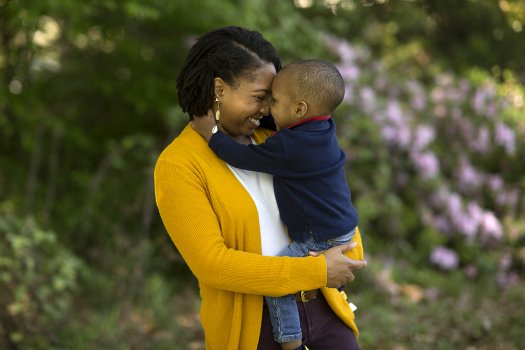COVID-19 is a public health emergency that poses significant health and economic threats to all Americans. Medicaid plays an important role in offering a lifeline for those who have lost their jobs, ensuring that families can get the health care they need. But the COVID-19 pandemic has illuminated the racial and geographic disparities in our health care system, especially in states that have not expanded their Medicaid program to cover more low-income parents and adults.
Explore the resources below to see the critical role Medicaid could play in addressing health disparities and the economic as well as the health impacts of the pandemic and sign up to learn more.
Webinar Recording: Medicaid & COVID-19 Through the Health Equity Lens
View the full webinar from the October 13th, 2020 virtual event, featuring: Dr. Jamila Michener discussing the connection between racial disparities, COVID-19 and Medicaid; Dr. Alpa Patel sharing research from the American Cancer Society about the impact social determinants of health have on cancer patients; and Mike Perry sharing preliminary results from new messaging and polling research about race, health and the pandemic. You can download a PDF of the slides here.
COVID-19 and Medicaid
Watch this short video to hear from providers and community leaders across the country about the importance of Medicaid expansion, especially in the midst of a pandemic.
On the Edge Update:
COVID-19 in the Black Belt
In Alabama there has been a stark racial and geographic divide in who is suffering from COVID-19, in part because of long-standing barriers to health insurance coverage. Watch this short film to hear from community leaders and health care providers in the Black Belt of Alabama as well as other rural parts of the state about these disparities and the importance of improving access to health care. Then check out the full mini-documentary On the Edge: Health Care in Alabama.
Critical Condition Update:
COVID-19 in the Heartland
Kansas has not expanded its Medicaid program, which leaves hundreds of thousands of individuals without access to health insurance and hospitals across the state at risk of closing in the midst of a global pandemic. Watch this short film to hear what frontline providers are saying could make a huge difference. To learn more, view the full mini-documentary Critical Condition: Stories of Health in the Heartland.
Matt: Baton Rouge, LA
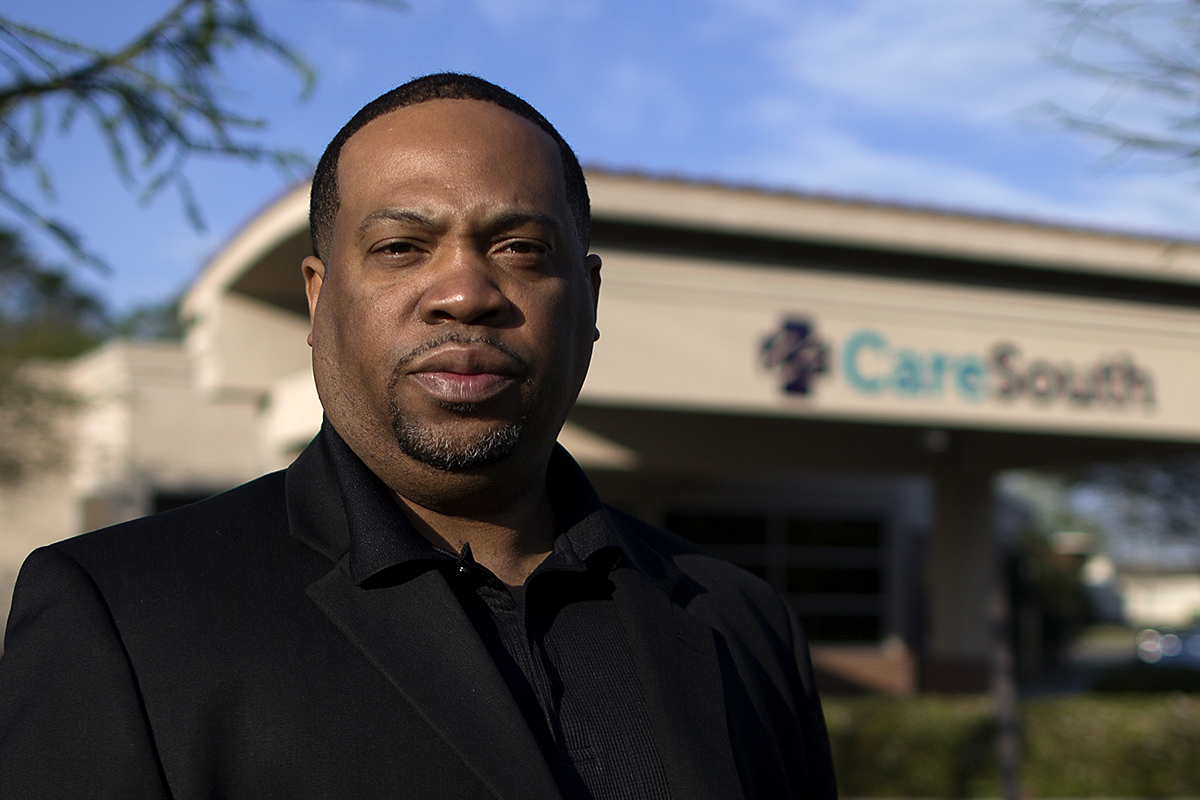
As CEO of Care South Clinic, Matt is grateful that Louisiana expanded its Medicaid program. More patients having coverage has allowed his clinic to thrive and provide vital services like COVID-19 testing. And expanded Medicaid means individuals who have been laid off can still access the health care they need.
Read moreShana: Oklahoma City, OK
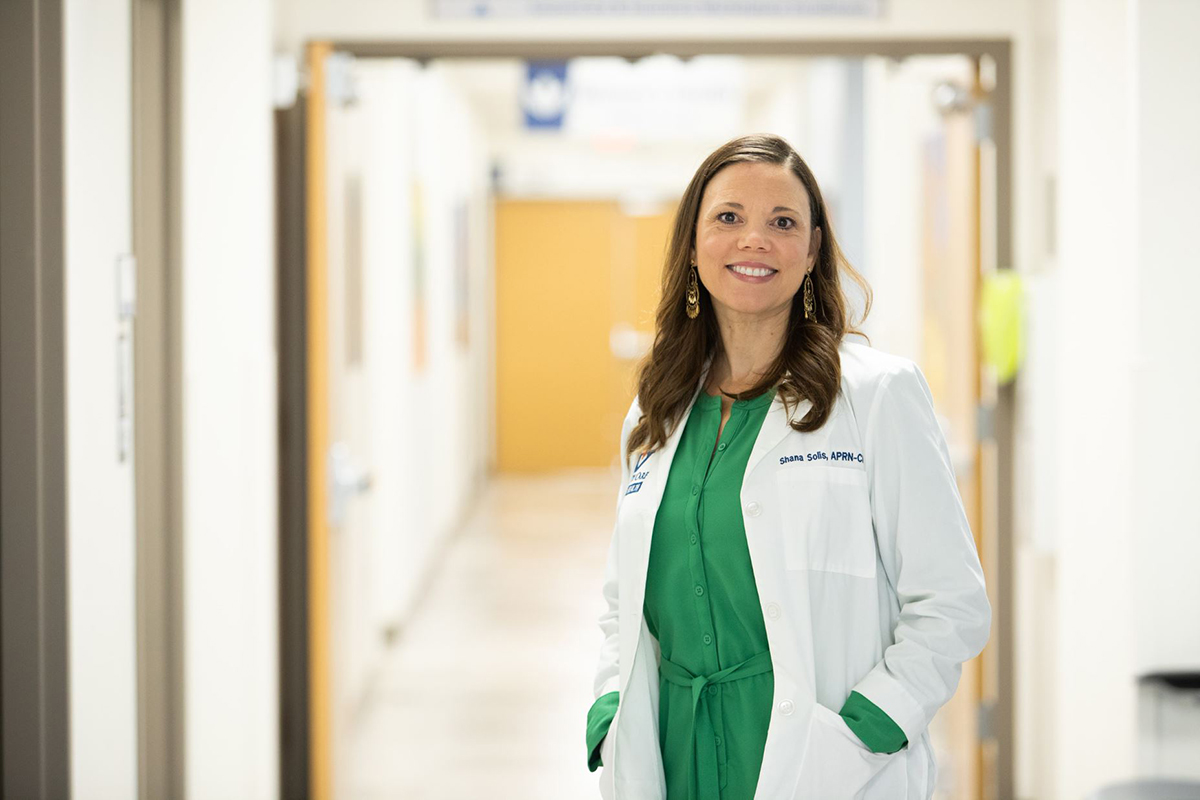
Shana is a nurse midwife at a clinic in Oklahoma City. She worries that her patients aren’t getting the routine primary and preventive care they need because they’ve lost their health insurance due to the pandemic.
Dr. Shattuck: Knoxville, TN
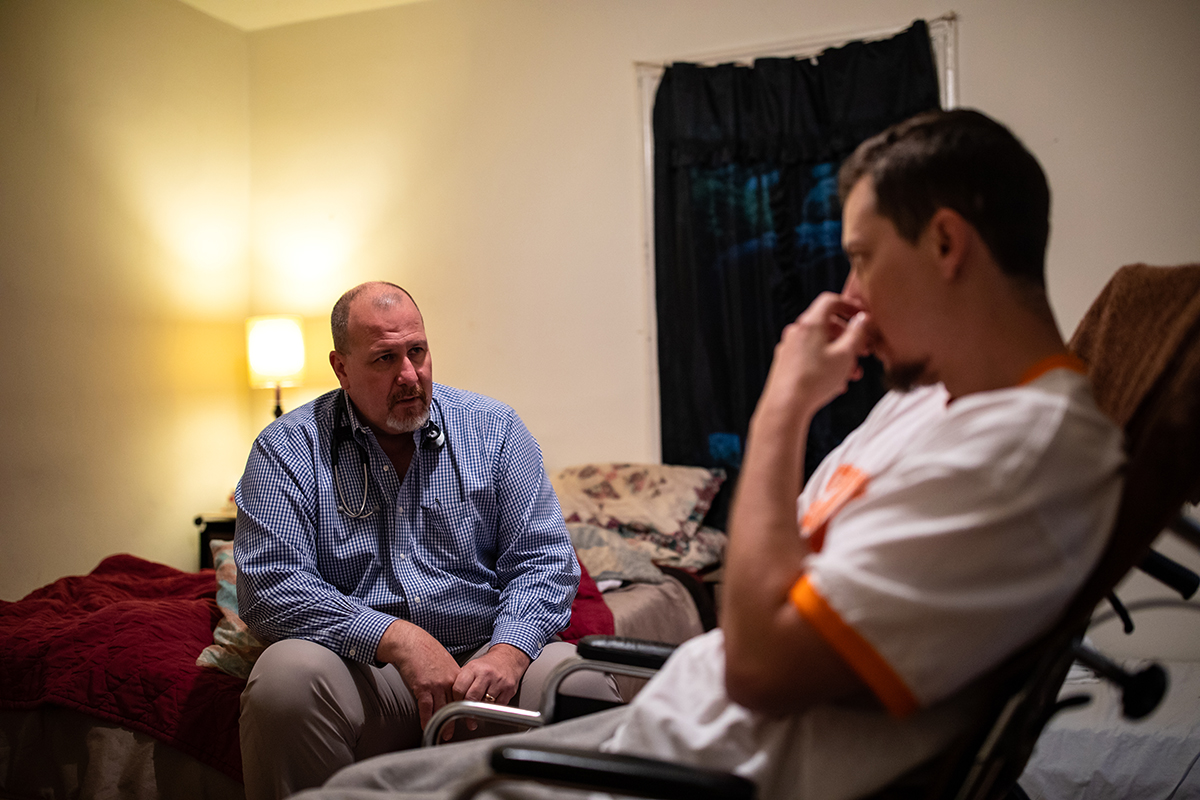
Dr. Shattuck sees thousands of Tennesseans losing their jobs because of COVID-19, and therefore being unable to access the screenings and preventive care they need to stay healthy.
Rev. Larry: Oak Ridge, TN
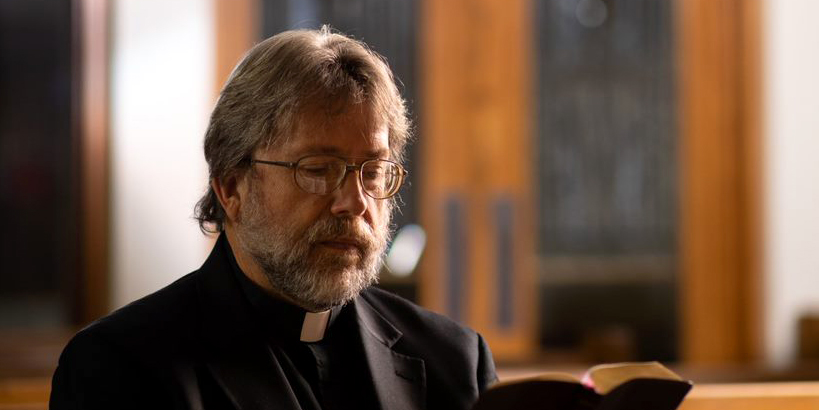
Pastor Larry believes there is a moral imperative to ensure health care is available to those who need it. But in Tennessee, which hasn’t expanded Medicaid, thousands of people who are losing their jobs and their private health insurance – and now don’t have access to the health care they need.
Dr. Jackson: Hobart, OK
Dr. Jackson is a family physician in ruralOklahoma. She is nervous about her patients losing their employer-sponsored health insurance and being unable to manage their chronic conditions, which would result in a less healthy community.
